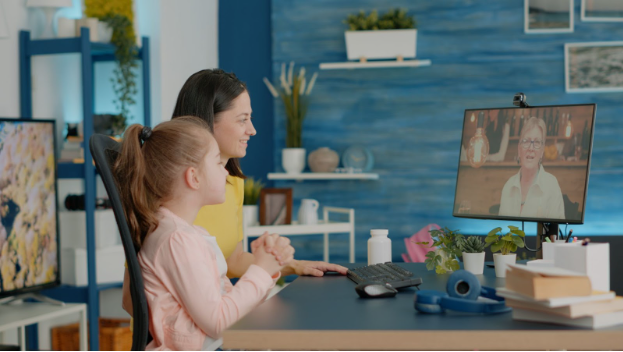
- Autism, psychiatrist in Beaumont
- 0 Comments
Mental wellness is the foundation of a fulfilling life. From early childhood development to adulthood, maintaining emotional balance and cognitive clarity shapes how individuals learn, connect, and thrive. Across communities, the demand for specialized mental health services continues to grow—especially in areas such as autism spectrum disorder, behavioral health, and child and adolescent psychiatry. For […]
Read More







